11 things marathon training taught me about running
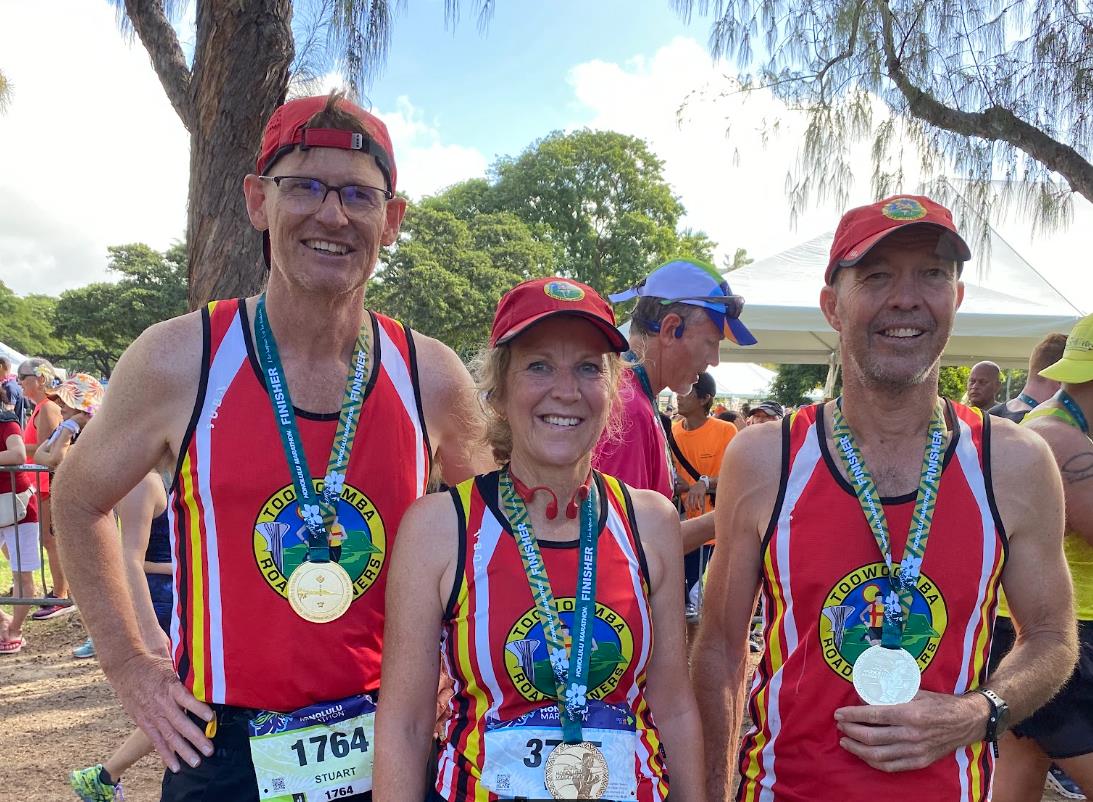
Slightly more than a year ago the idea of running a marathon was as foreign to me as a trip to the moon.
Too old. Too decrepit. No talent. No time.
An epic trek across central Australia catalyzed certain changes, physical and mental, that allowed me to rethink possibilities. I have touched on this previously here.
Fast forward 14 months and I have just completed the Honolulu Marathon. Three hours, fifty one minutes. Not an earth shattering time, but a solid first hit-out.
The story of a marathon isn't bounded by the fleeting hours betwixt starter's gun and finish line. At best this is only a final chapter. The bulk of the tale occurs in the months/years prior to the event.
For anyone whose first marathon was completed in mid-life, my story will not be novel. Rather than document it in detail I will list some lessons learned along the way.
- It is a long game
- There will be setbacks along the way
- There is much to learn
- Find a running community
- Today's impossible goal is tomorrow's ho-hum
- Preparation is vital
- Running devours time
- Running is cheap, not
- Running isn't purely a physical game
- Metrics are ubiquitous, and addictive
- It is not a competition
1. It is a long game.

I started hiking in January of 2022, and running in October. My first marathon was in December 2023.
Two years is often considered an average time to prepare for a first marathon. My experience aligns.
The thought of investing two years of hard grind will put many people off. I don't know what to say. It is reality. In my case I didn't realize where I was going until half way through the process. But even one year is a big commitment.
The key is to enjoy the journey.
2. There will be setbacks along the way

Most runners get injured. It is an occupational hazard. For me this is an ongoing thing. I have not been pain free since I started running.
Bruised soles. Strained Achilles. Sore knees. Ongoing adductor tendon issues.
All the older people I run with deal with similar issues. But younger runners are not immune. Most seem to be either recovering from an injury, or hurtling towards their next at any given moment.
The only positive is that generally people find ways of coping. They still enjoy the sport, and perform well.
3. There is much to learn.
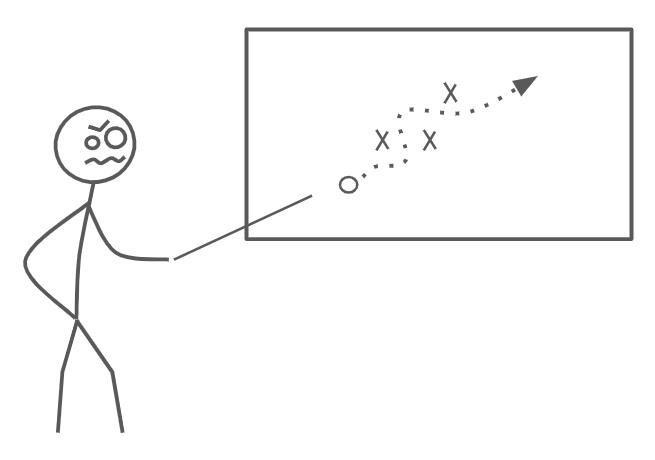
I love being around experienced runners. The advice and tips they willingly share are gold.
Race strategies, running techniques, injury experiences, equipment advice, training methods.
I started with little forethought, assuming running was just about putting one foot in front of the other. Now I know better.
4. Find a running community.

My club has 250+ members. I've probably gotten to know 50 to 70 of these on a first name basis. A full societal cross-section. I've yet to meet a wanker.
Seeing what others are doing is highly motivational.
Some runners are lone wolves. That's fine. Whatever floats your boat. I've clocked plenty of kilometers on my own, and there are times when this is preferable.
For me, however, running with a group is usually a better option. It gets me out of my head, adds interest and distraction, and helps me to benchmark my performance.
Also, there is normally at least one run each week where people end up at a local cafe for breakfast and/or coffee. It's a great way to socialize and get to know your fellow runners.
5. Today's impossible goal is tomorrow's ho-hum.
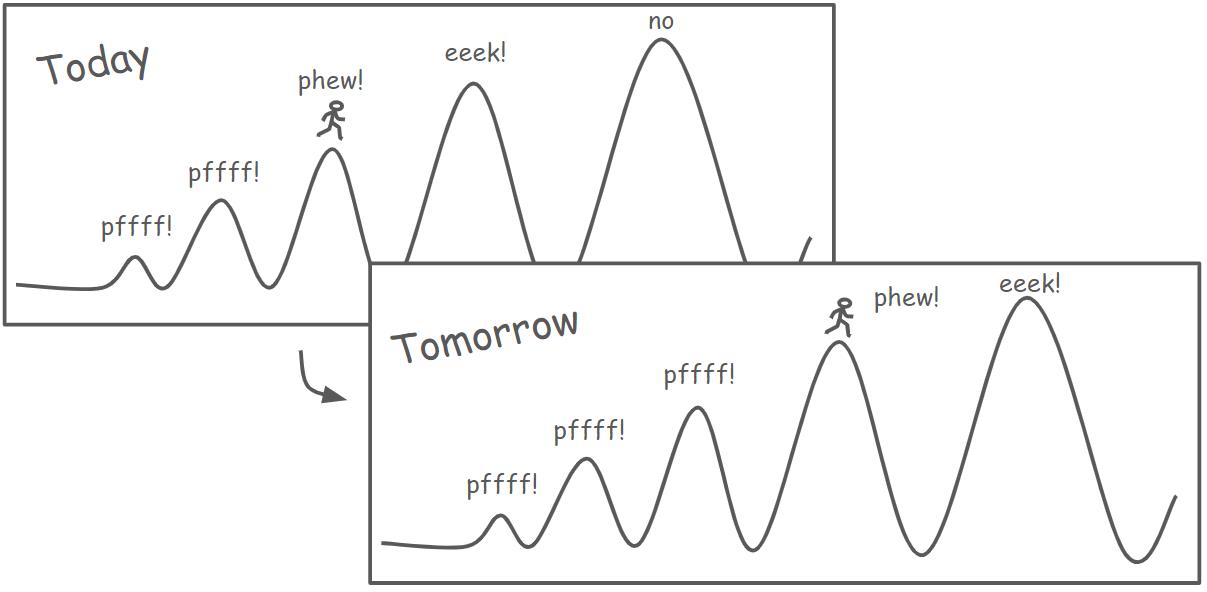
My very first runs were in the 5 to 7km distance range. This was after hiking ~1500km and shedding 15kg of weight. Otherwise 3km might have been a stretch.
Completing 10km was a big step. I dared not think of longer distances. It was a journey that progressed one step at a time. Each new distance milestone stripped the mythic intimidation from the previous one. Future targets, though still daunting, slowly switched from inconceivable to plausible.
Don't get me wrong, if you ask me to run 35km with you tomorrow I won't be thinking it will be easy. But I'll definitely consider coming along.
6. Preparation is vital.
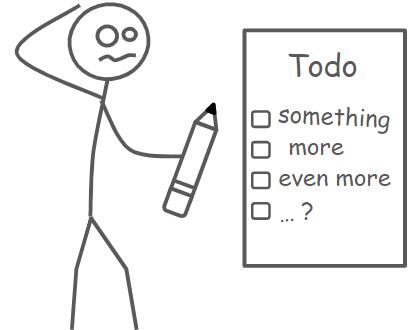
A long run is much more than waking up one morning and stepping out the door.
It's the culmination of a campaign that can last weeks or months.
Scoping the route. Understanding the timing and weather. Assembling the gear. Conditioning the legs. Finding the proper mental space. All matter.
7. Running devours time.
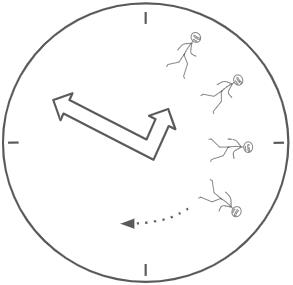
Lots of time.
Thinking about it. Preparing for it. Doing it. Recovering after it. Shopping for it. Traveling for it. Talking about it. Washing gear. Studying numbers. Inhaling YouTube videos. Doom scrolling Strava.
If you already have a life, be prepared to sacrifice something.
Does rising at 3am and spending several hours pre-dawn plodding away in the dim light of an LED headlamp sound like fun? You'll love running.
8. Running is cheap, not.

Good shoes are expensive, and wear out quickly.
The list of high-priced specialized gear is practically endless. Socks. Pants. Belts. Tops. Headlamps. Headgear. Hydration kit. Wrist computer. Do you need it all? No. But there are definitely items worth having, so be prepared to start adding to your wardrobe
Race entry fees are expensive.
Travel is expensive.
Physio and medical treatment is expensive.
Running doesn't have the initial capital costs associated with certain other sports. It's still not "cheap".
9. Running isn't purely a physical game.
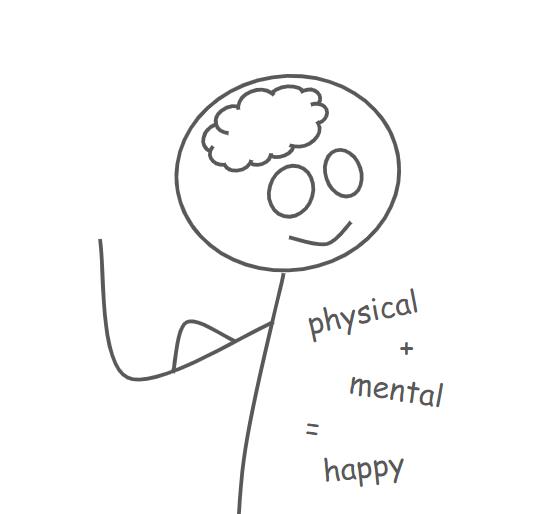
Running definitely is physical. Legs and the aerobic system need building, and there are no shortcuts. You need to do the miles.
In the past 12 months I have clocked over 3000km of running. That might be overkill in order to complete a marathon, but to do one comfortably and enjoy it, there is no substitute for putting miles on your legs.
Your head must be in the right space. You have to enjoy running.
Many speak of a "runner's high". This has so far not been a 'thing' for me. I only ever experience pain and exhaustion. But I do get serious satisfaction from progressing towards a hard goal. There is real pleasure in accompanying others on their journey. Spending time with fellow runners and feeling like I am contributing positively to their experience is massively gratifying.
To maintain myself psychologically, I participate in various "games". These are a multiplicity of small sub-goals, and side missions. A topic that may be worth its own post at some point.
10. Metrics are ubiquitous, and addictive.
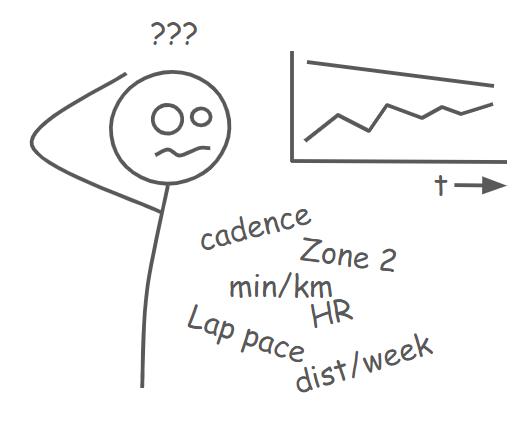
Most of the runners I know have running computers on their wrists. Every run starts and finishes with a glance at the watch face and a sequence of button presses. Stats matter. Forgetting to start logging, or a software malfunction is a cause for much angst. Failing to record a run is a recurrent nightmare in first world running.
Are stats useful? I reckon so. Certainly for a beginner. Tracking progress and understanding where you are in a training plan is both instructive, and motivational.
11. It is not a competition.

You don't have to be faster than anyone else. You don't have to run further.
You compete only with yourself. You run because, on balance, it is better than not running.
Figures are hard to come by, but it seems that only 0.01% of the world's population complete a marathon in any given year. Even if you finish last you're still in rare company.
I know runners who are competitive. But for an average runner like me, competitiveness usually only results in disappointment. For too many years I sat on the sidelines because I didn't see the point in being an "also ran". Comparison is the thief of joy; I wish I had understood this much earlier.
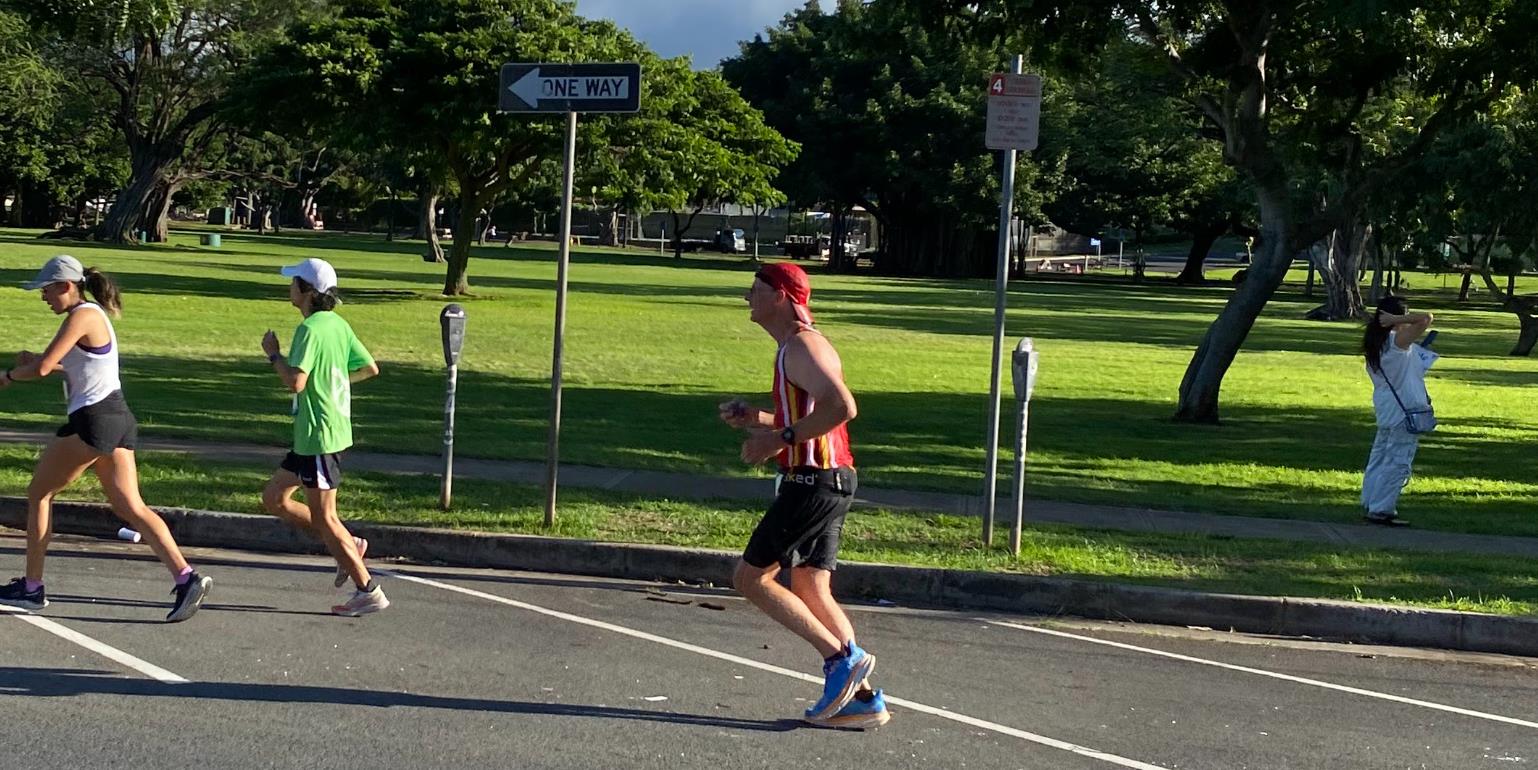
Final note.
Marathon numero uno is complete, what now?
It is time to start preparing for the next one, obviously 😉.
I currently have a rough idea of my goals and milestones for 2024. I'll share more on those as I lock them in.